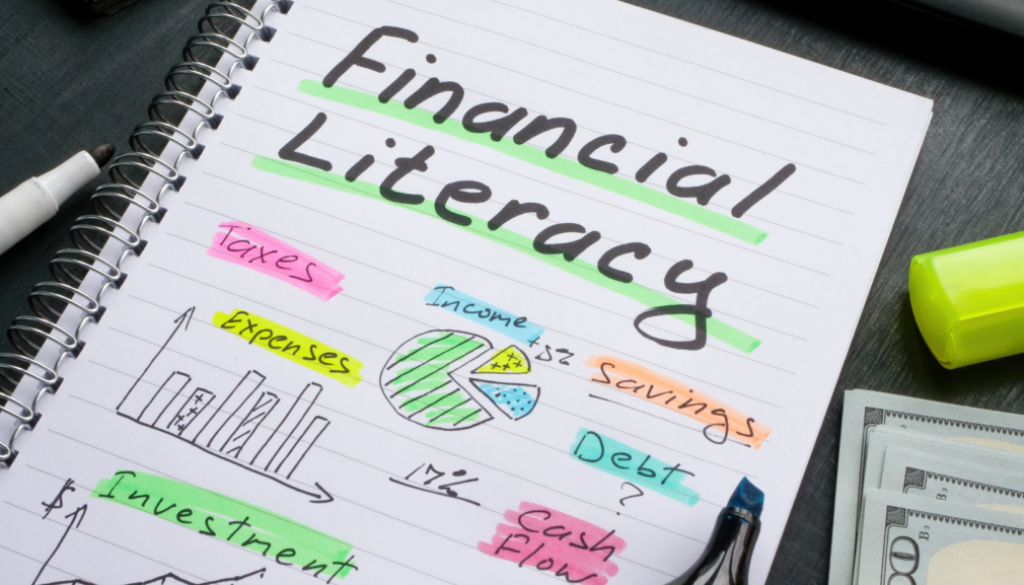Financial Literacy Month
With spring (and summer) break for schools right around the corner, we often worry about finding ways to spend time with our kids. Whether it be staying at home, travelling abroad, or something in between, one thing we don’t often think about is what we spend while living out our plans.
As our kids grow older, they’ll begin to make plans of their own and spending more, so why not get them involved in the process now?
Bank on Financial Literacy
We all want our kids to grow into adults who have healthy finances and financial habits – and it’s important that you don’t wait until they’re fully grown to teach them these habits. In fact, the right time to start talking about finances with your child might be earlier than you think.
We recommend that clients talk about finances with their child once they meet these three criteria:
- They are old enough to have a basic understanding of how banks work.
- They are mature enough to handle money thoughtfully (on an age-appropriate level).
- They have or receive money.
Generally, an 8-year-old will be able to meet the above criteria to a satisfactory degree. But if 8-years-old feels too early for your child, it’s a good idea to at least get started before he or she becomes a teenager and begins to use money more seriously. One way to start teaching them healthy financial habits is to help them open a savings account.
Lifelong Benefits of Starting Young
There are a number of benefits of starting a savings account when your child is young:
- Opening a bank account for your child provides the perfect opportunity for them to learn how to handle money thoughtfully. It can teach them personal habits, like the satisfaction of saving up and the importance of carefully balancing cost versus value when they make a purchase.
- It can also teach them the joys of saving. If your child gets any money for a birthday or a holiday, or if you give them an allowance, encourage them to save this money in their account. Let them check their account balance online, and they’ll feel pride as they watch the number grow higher and higher.
- Having a bank account can also help your child understand the banking system, especially if you explain how it works or encourage them to read about it. If you make deposits or withdrawals in person at the bank, take your child with you to make the bank seem tangible and real.
Raising kids with financial literacy gives them the best opportunity to thrive long-term. It could reduce your stress later on, too.
Emerald Advisors, LLC is a registered investment adviser. Information presented is for educational purposes only and does not intend to make an offer or solicitation for the sale or purchase of any specific securities, investments, or investment strategies. Investments involve risk and, unless otherwise stated, are not guaranteed. Be sure to first consult with a qualified financial adviser and/or tax professional before implementing any strategy discussed herein. Past performance is not indicative of future performance.




